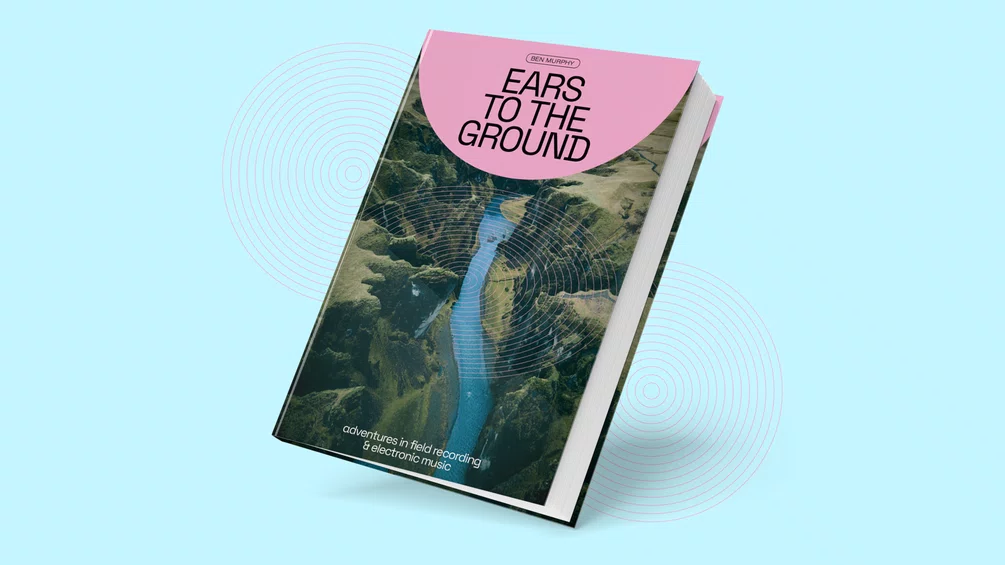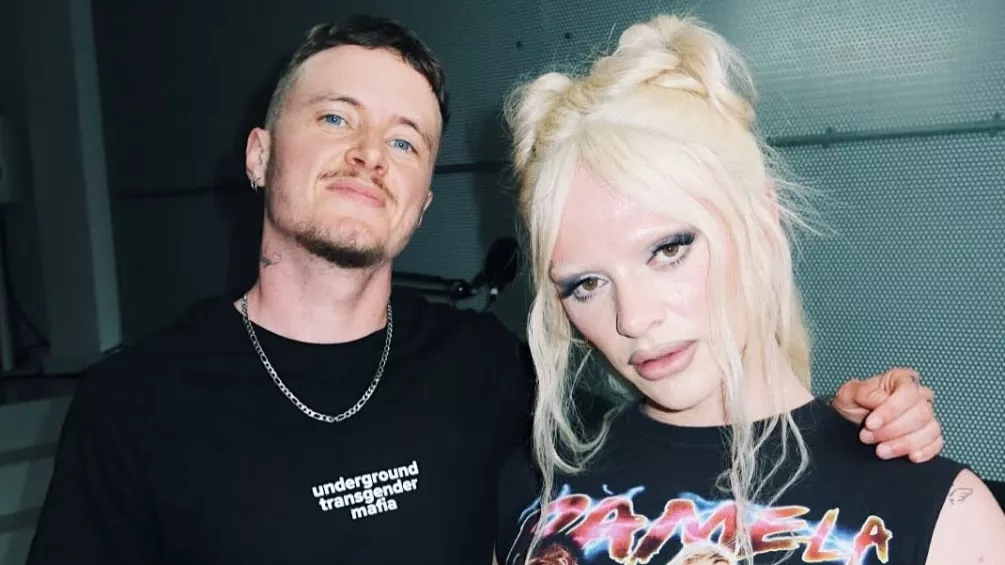
Ears To The Ground: Dance music, found sounds, and cultural heritage
If Guedra Guedra uses field recordings to make explicit links between the organic and electronic, between traditional sounds and newer dance genres, then the band Nihiloxica, based between Uganda and the UK, use them in quite a different way: as a form of protest. The band were denied entry into the UK when attempting to tour there in 2022, and turned the experience into the livid electronics, midway between heavy metal and techno, of their album ‘Source of Denial’.
The title track is a distorted burst of synth noise and a fusil- lade of heavy drums, with a melody that emerges like the heaviest of sludge metal riffs. Peppered through the album are samples of their frustrated efforts to get a work visa for the UK, with automated phone responses from the UK immigration service, such as disembodied English accented voices asking if the caller “has been involved in crimes against humanity” and other insulting questions, while the final track is just an engaged tone, ringing on and on in perpetuity until it’s overtaken by distortion.
“We wanted to create the sense of being in the endless, bureaucratic hell-hole of attempting to travel to a foreign country that deems itself superior to where you’re from,’ the band has said. “We’re focusing on the UK as that’s where we’ve had the most trouble, but the problem goes much, much further. In this system, if you have a certain passport or have even visited a certain country, then you’re an appropriate subject to be interrogated and insulted time and time again just to prove that you’re worthy to enter, and normally this involves proving you have a good enough reason to want to leave again! The arrogance of it is unbearable. This album was a way to express our disdain towards it… what exactly is the source of your denial? Your passport? Your bank balance? Your skin colour? You’ve paid huge sums of money to be thrown from one profit-driven ‘service centre’ to another, each denying responsibility, each limiting your right to freedom of movement as a human being. Despite some other serious humanitarian short-comings, Uganda accepts some of the highest numbers of refugees in the world. Meanwhile, the UK is trying to send them away to Rwanda. That says it all.”
Like Guedra Guedra, the music that Nihiloxica makes celebrates cultural heritage. The percussive aspect of their sound derives from Bugandan drumming, a traditional Ugandan form. Nihiloxica formed around the nucleus of Nyege Nyege Studio in Uganda’s capital Kampala, releasing their debut EP on the studio’s world-renowned Nyege Nyege Tapes label. The label has become a platform for some of the most adventurous and original new music on the continent, with some of the artists also experimenting with field recordings.
Duke, a DJ and producer from Dar Es Salaam in Tanzania, works within the underground singeli genre, known for its hyper speed BPMs and kinetic energy. On his 2019 album, ‘Uingizaji Hewa’, crowd-hyping raps mix with advertising jingles from Tanzanian radio, speedy beats and circuitous synth riffs, plus ambient found sounds he recorded around his studio. It’s a unique sound, drawing influences from hip-hop and club music, but possessed of a left-field experimentalism.





